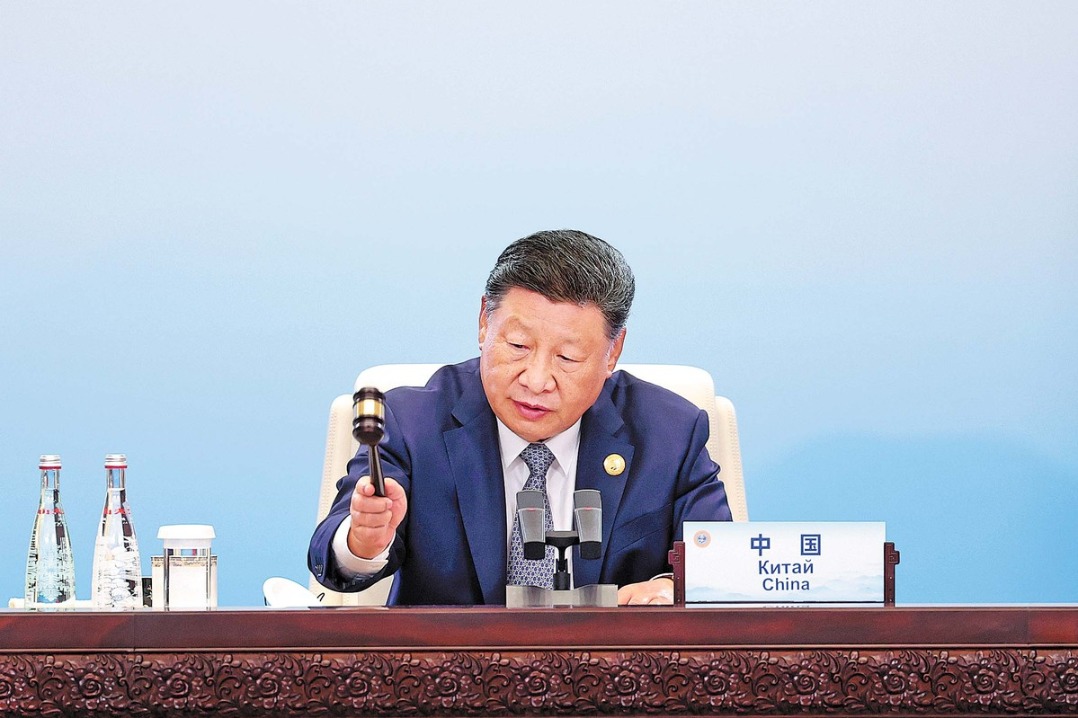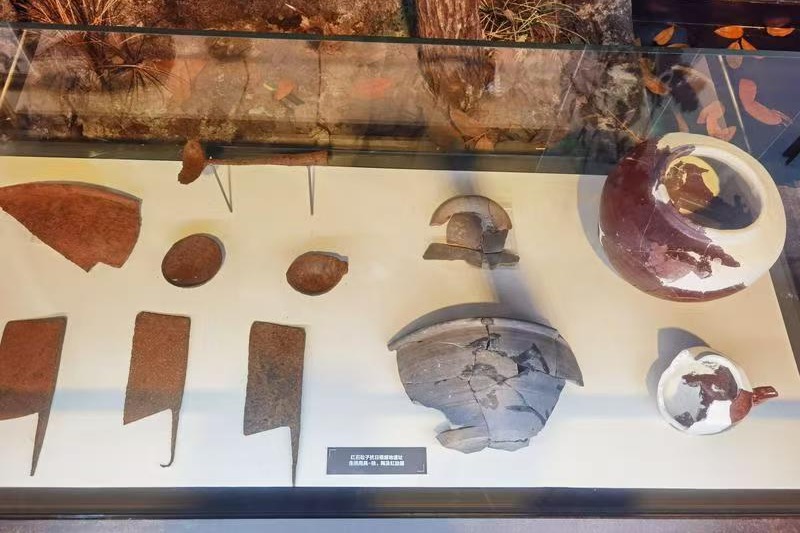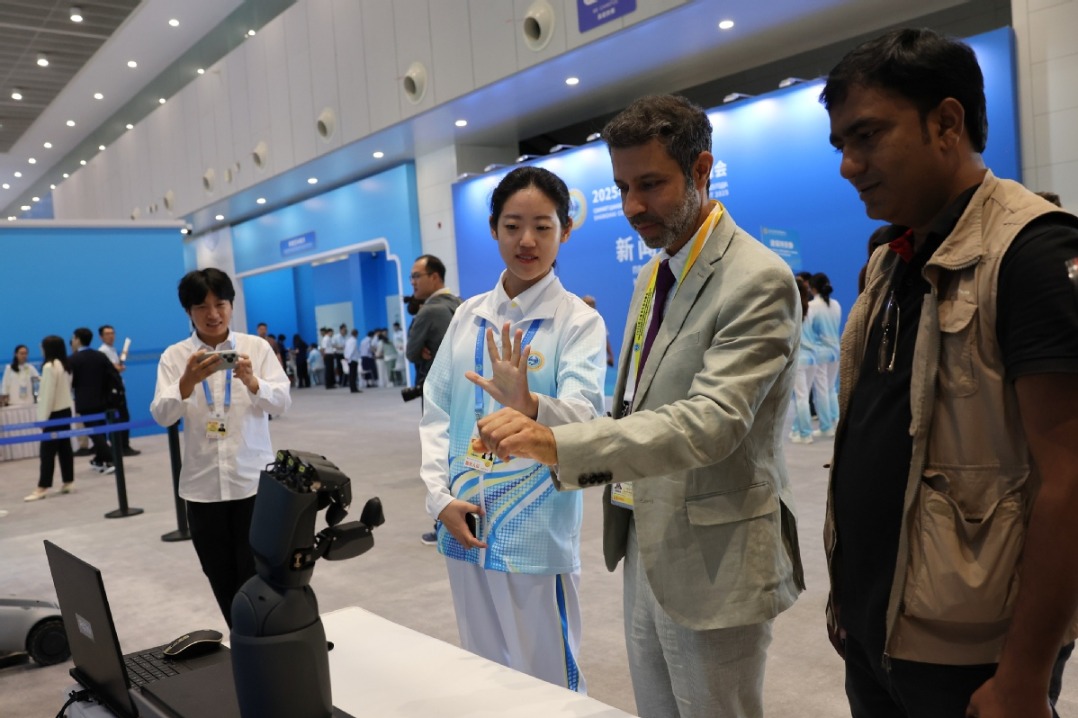Frozen embryo inheritance court case dismissed

A court in Qingyuan, Guangdong province, recently ruled against a woman who allegedly used her deceased lover's frozen embryo to give birth to a son and sought to inherit his estate.
According to the Qingcheng District People's Court of Qingyuan, a married man, surnamed Wen, died in a traffic accident in January 2021. In April 2021, his extramarital lover, surnamed Ling, underwent an embryo transfer procedure at a private clinic, using an embryo that had been previously fertilized and frozen at the same clinic. On Dec 16 that year, Ling gave birth to a baby boy.
Ling claimed that the embryo used in the procedure had been created from sperm and eggs collected from Wen and herself before his death. However, she failed to provide any evidence, such as an agreement with Wen or the clinic regarding the freezing of his sperm or an agreement between Wen and Ling regarding the embryo implantation. Additionally, Wen did not leave a will stating that he wanted the embryos to be implanted after his death.
In August 2023, Ling filed a lawsuit with the Qingcheng court, demanding that Wen's wife surnamed Luo and Luo's son with Wen compensate the newborn for his rightful inheritance of his deceased father's life insurance, property and company shares.
The court held that, to claim inheritance rights, the baby boy had to prove that he was a legal heir. After investigation, the court determined that Wen and Luo were legally married, while Ling and Wen were lovers.
The court ruled that Ling's decision to implant an embryo after Wen's death without the consent of his legal wife and son violated public order and morality and could not be protected by law. Consequently, it dismissed Ling's lawsuit.
The issue of whether frozen embryos inherit rights remains a contentious topic in the country, as there are no clear provisions in the law.
Zhao Nyuhuan, a lawyer with the Ronly&Tenwen Partners law firm, told Guangzhou Daily that while the Civil Code recognizes the inheritance rights of fetuses, it does not explicitly mention frozen embryos. Given the uncertainty surrounding the future development of frozen embryos and the risks associated with their preservation and birth, granting them inheritance rights could raise ethical concerns.
However, noting that frozen embryos have the potential to develop into full-fledged human beings, Zhao suggested that under certain conditions, such as if an embryo is implanted and born alive without violating laws or social norms, it could be considered for legal protection.
Lin Zhaorun, senior partner of Genius Law Firm, agreed that the issue of frozen embryo inheritance rights remains unresolved in both legislation and jurisprudence, and that courts must analyze and decide each case on its own merits.




































